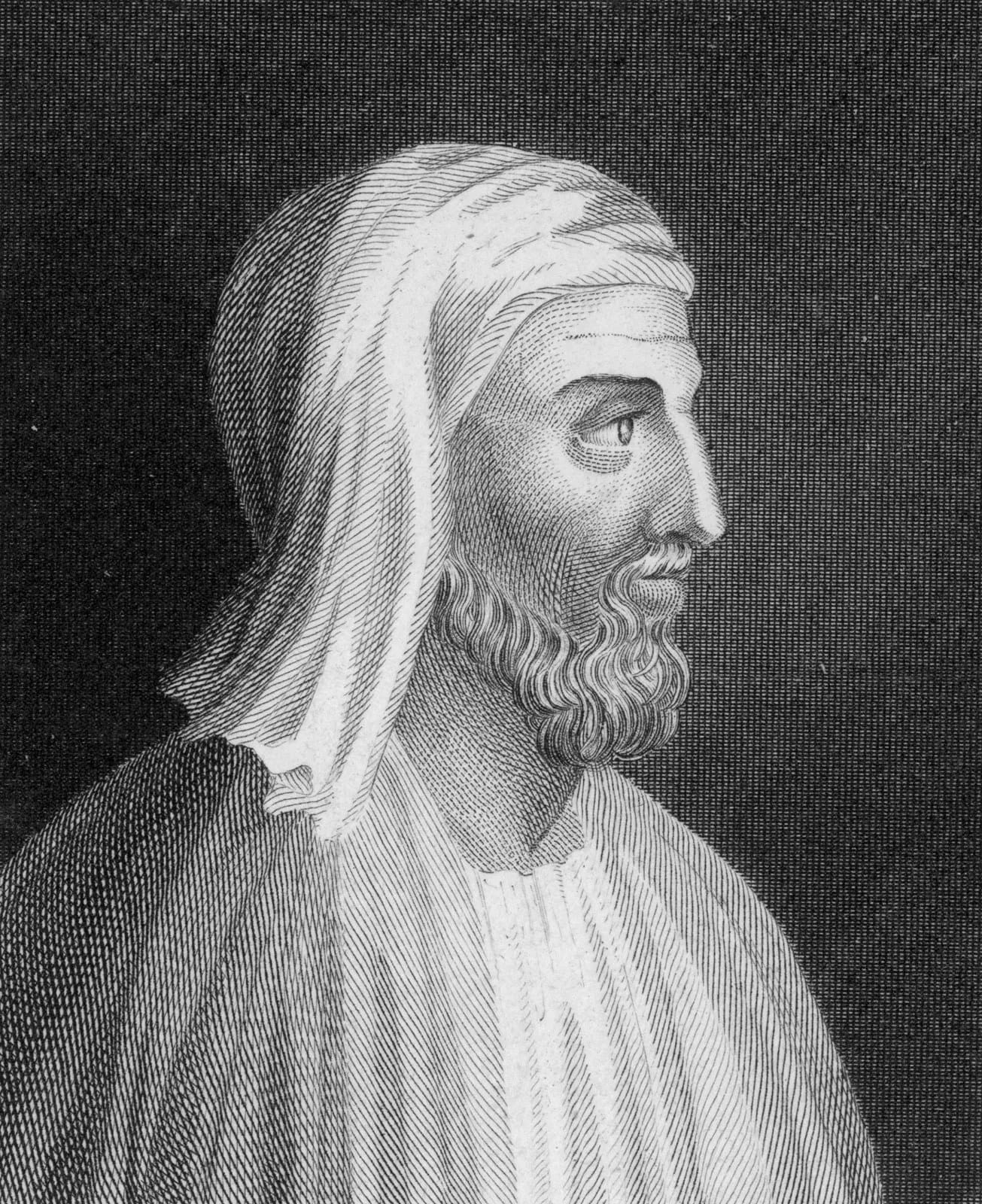Plutarch: A Life of Letters and Legacy
Let’s journey back to the first century CE and encounter Plutarch, a prolific Greek writer whose works continue to resonate today. Born around 46 CE in Chaeronea, a small town near the culturally significant Delphi, Plutarch’s life was a tapestry woven with threads of scholarship, public service, and philosophical inquiry. His family nurtured his intellectual curiosity, likely setting the stage for his remarkable literary career.
Early Life and Education
Born in Chaeronea, Boeotia, Greece around 46 CE, Plutarch hailed from a prominent family. His father, Autobulus, and grandfather, Lamprias, instilled in him a deep love of learning. His name, derived from the Greek words for “wealth” (πλοῦτος) and “ruler/leader” (ἀρχός), perhaps foreshadowed his future influence. He pursued his education in Athens, immersing himself in Platonism, but his thirst for knowledge propelled him to travel widely, exploring diverse philosophical traditions. This broad exposure likely contributed to the nuanced perspectives found in his later writings.
A Man of Many Hats
Plutarch wasn’t confined to the ivory tower of academia. He actively engaged with his community, serving in various public offices in Chaeronea and even holding the esteemed position of priest at the Temple of Apollo in Delphi. This role probably provided him with unique insights into the religious and cultural landscape of the Greco-Roman world. Furthermore, he founded and led a philosophical school, sharing his wisdom and fostering intellectual discourse. This blend of public service, religious practice, and philosophical teaching suggests a man deeply invested in the betterment of society.
Plutarch’s Masterpiece: Parallel Lives
Plutarch’s most celebrated work, Parallel Lives, transcends mere historical accounts. This groundbreaking approach to biography pairs Greek and Roman figures—such as Alexander the Great with Julius Caesar, or Demosthenes with Cicero—not solely on chronological alignment, but on shared character traits and challenges. Through these insightful comparisons, Plutarch explores timeless questions about human nature, leadership, morality, and the complexities of ambition. Some scholars suggest that Parallel Lives has profoundly shaped Western literature, art, and even political thought, prompting reflection on how leaders across cultures and eras grapple with power and its implications.
A Bridge Between Cultures
Living during a pivotal period of Roman influence over Greece, Plutarch, granted Roman citizenship (likely by L. Mestrius Florus, resulting in the name Lucius Mestrius Plutarchus), became a cultural bridge between these two civilizations. This unique vantage point likely informed his approach to Parallel Lives, offering a balanced perspective on both Greek and Roman figures. He delved into the motivations and moral dilemmas faced by these individuals, providing a nuanced understanding of their actions within their respective historical contexts.
A Lasting Legacy
The impact of Parallel Lives is undeniable. Literary giants like Shakespeare and Montaigne drew inspiration from its pages, solidifying Plutarch’s place as a cornerstone of Western literature. The Parallel Lives continues to spark discussion and offer valuable insights into the human condition, demonstrating the enduring power of Plutarch’s biographical approach. Need to send a letter to the charming college town? Find the correct Orono zip code to ensure your correspondence arrives without a hitch.
Moralia: A Wealth of Wisdom
Beyond the celebrated Parallel Lives, Plutarch also authored Moralia (also known as Ethica), a diverse collection of 78 essays and transcribed speeches. These writings explore a wide spectrum of topics—from ethics and politics to religion, literature, and even practical advice on everyday living—offering a window into Plutarch’s philosophical inquiries and practical wisdom. This rich tapestry of thought reveals his engagement with Middle Platonism while also demonstrating his openness to other philosophical schools, suggesting a mind constantly seeking knowledge and understanding.
Timeless Insights
The Moralia’s diverse subjects offer timeless insights into the human experience. Essays like “On the Education of Children,” “On Contentment,” and “On How to Tell a Flatterer from a Friend” resonate with contemporary readers, demonstrating the enduring relevance of Plutarch’s reflections on personal development, social responsibility, and the complexities of human relationships. These essays showcase Plutarch’s ability to connect philosophical principles with practical wisdom, making them accessible and engaging for a broad audience.
Who Was Plutarch? Exploring the Life of a Renaissance Man
Plutarch’s legacy extends far beyond his individual works. He stands as a figure whose intellectual curiosity, commitment to public service, and profound insights into human nature continue to inspire. His writings transcend the ancient world, offering valuable lessons for modern readers seeking guidance on leadership, ethics, and the pursuit of a fulfilling life.
Plutarch’s Enduring Impact
Plutarch’s influence on Western thought is undeniable. From shaping the literary landscape to influencing political discourse, his ideas have resonated through the centuries. Modern readers can still find relevance in his explorations of human nature, leadership, and the pursuit of a virtuous life. Ongoing scholarship continues to illuminate different facets of his work, ensuring that his legacy remains vibrant and engaging. Delve into the absurdist world of Luigi Pirandello’s masterpiece, Pirandello 6 Characters in Search of an Author, and unravel the enigma of identity and theatrical reality.
Plutarch at a Glance
| Aspect of Plutarch’s Life | Description | Significance |
|---|---|---|
| Birth and Upbringing | c. 46 CE, Chaeronea, Boeotia, near Delphi | Exposure to a vibrant cultural and religious center |
| Family Influence | Father (Autobulus), Grandfather (Lamprias) | Nurtured intellectual curiosity |
| Religious Role | Priest at the Temple of Apollo at Delphi | Insight into religious and cultural practices |
| Philosophical Affiliation | Middle Platonist, influenced by Peripatetic and Stoic thought | Demonstrates engagement with diverse perspectives |
| Civic Duty | Held public offices in Chaeronea | Commitment to public service |
| Major Works | Parallel Lives, Moralia (Ethica) | Enduring contributions to literature and philosophy |
| Cultural Influence | Bridged Greek and Roman cultures | Unique perspective during a time of transition |
| Lasting Legacy | Influenced Shakespeare, Montaigne, and others | Timeless insights into human nature |
What Are Plutarch’s Parallel Lives?
Parallel Lives is more than a historical record; it’s a study of human nature. Plutarch carefully selected pairs of Greek and Roman figures, highlighting parallels in their character and experiences. This innovative approach allowed him to explore universal themes of leadership, ambition, and morality through the lens of biography. His goal wasn’t strict historical accuracy, but rather to extract moral and ethical lessons from the lives of these influential figures.
Structure and Content
The work comprises paired biographies, often (but not always) followed by a comparative analysis (σύγκρισις, sýnkrisis). Some of these comparisons have been lost over time. The choice of pairings—Alexander the Great and Julius Caesar, Demosthenes and Cicero, Pericles and Fabius Maximus, among others—reveals Plutarch’s focus on character and leadership rather than strict historical parallels. This structure allows him to analyze the impact of individual choices and the role of fate in shaping destinies.
Enduring Relevance
Parallel Lives remains surprisingly relevant to modern readers. Plutarch’s exploration of human psychology, centuries before the formalization of the field, offers profound insights into motivation, decision-making, and the complexities of character. The timeless questions he raises about leadership, ethics, and the human condition continue to resonate with contemporary audiences, demonstrating the work’s enduring value.
Beyond Biography: What Did Plutarch Write About in Moralia?
Plutarch’s Moralia, a collection of 78 essays and transcribed speeches, demonstrates the breadth of his intellectual pursuits. Covering topics ranging from ethics and politics to religion, literature, and practical advice, Moralia offers a rich tapestry of thought. Its Greek title, Ethika, points to the central concern with morals and customs, but the collection’s diversity extends far beyond a single focus.
Themes and Insights
The Moralia delves into virtue ethics, drawing heavily on Platonic ideals, exploring concepts like wisdom, justice, temperance, and courage. It also offers insights into political philosophy, providing advice on leadership and civic responsibility within the context of the Roman Empire. Plutarch’s own religious beliefs, blending Platonism with traditional Greek religion, are also reflected in these essays. The diverse themes within Moralia provide a valuable window into the intellectual and cultural landscape of Plutarch’s time.
Modern Relevance
Despite being written centuries ago, Moralia remains remarkably relevant today. Plutarch’s explorations of ethical dilemmas, political challenges, and the complexities of human relationships resonate with contemporary readers. His insights into the pursuit of a good life, the importance of character, and the challenges of leadership offer timeless wisdom applicable to modern society. The Moralia stands as a testament to the enduring power of philosophical inquiry and its capacity to illuminate the human condition.
- Red Cloud, NE: Discover Willa Cather’s Legacy - April 11, 2025
- Remember Old Social Media Sites? Their Rise and Fall - April 11, 2025
- How many days till Feb 3?Accurate Countdowns & Tools - April 11, 2025

















2 thoughts on “Plutarch: Exploring the Life, Works, and Enduring Influence of the Great Biographer”
Comments are closed.